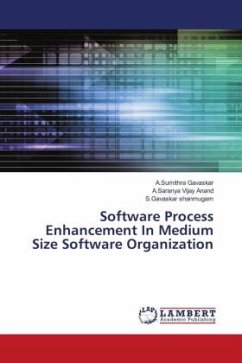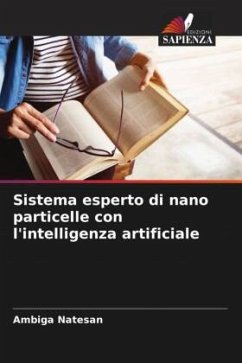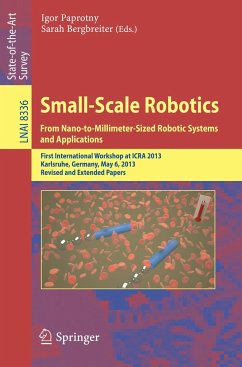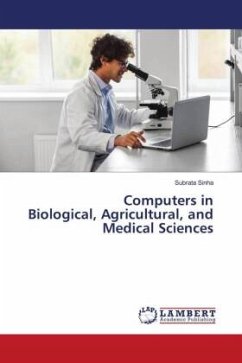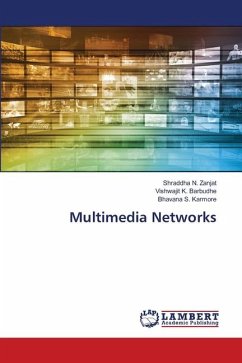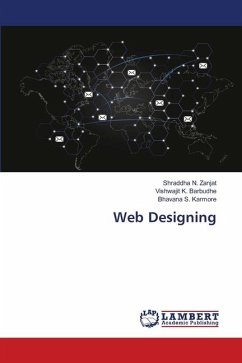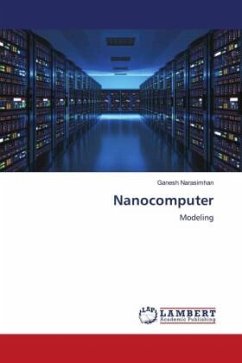
Nanocomputer
Modeling
Versandkostenfrei!
Versandfertig in 6-10 Tagen
40,99 €
inkl. MwSt.

PAYBACK Punkte
20 °P sammeln!
In this article, we survey a variety of aspects of theoretical models of computation, with an emphasis on those modeling issues that are particularly important for the engineering of efficient nano-scale computers.Most traditional models of computing (such as those treated in Savage's textbook [ ]) ignore a number of important fundamental physical effects that can dramatically impact computational performance at the nanoscale, such as the basic thermodynamic limits on information processing [ ], and the possibility of utilizing quantum physical superpositions (essentially, weighted combination...
In this article, we survey a variety of aspects of theoretical models of computation, with an emphasis on those modeling issues that are particularly important for the engineering of efficient nano-scale computers.Most traditional models of computing (such as those treated in Savage's textbook [ ]) ignore a number of important fundamental physical effects that can dramatically impact computational performance at the nanoscale, such as the basic thermodynamic limits on information processing [ ], and the possibility of utilizing quantum physical superpositions (essentially, weighted combinations) of logic states [ ]. New, alternative models of computing that allow reversible computing [ ], while respecting the laws of thermodynamics, may (gradually, over the next ~50 years) achieve a level of performance and cost-efficiency on all types of computational tasks that is literally thousands of times greater than the best that is physically possible using conventional irreversible models [ ].




